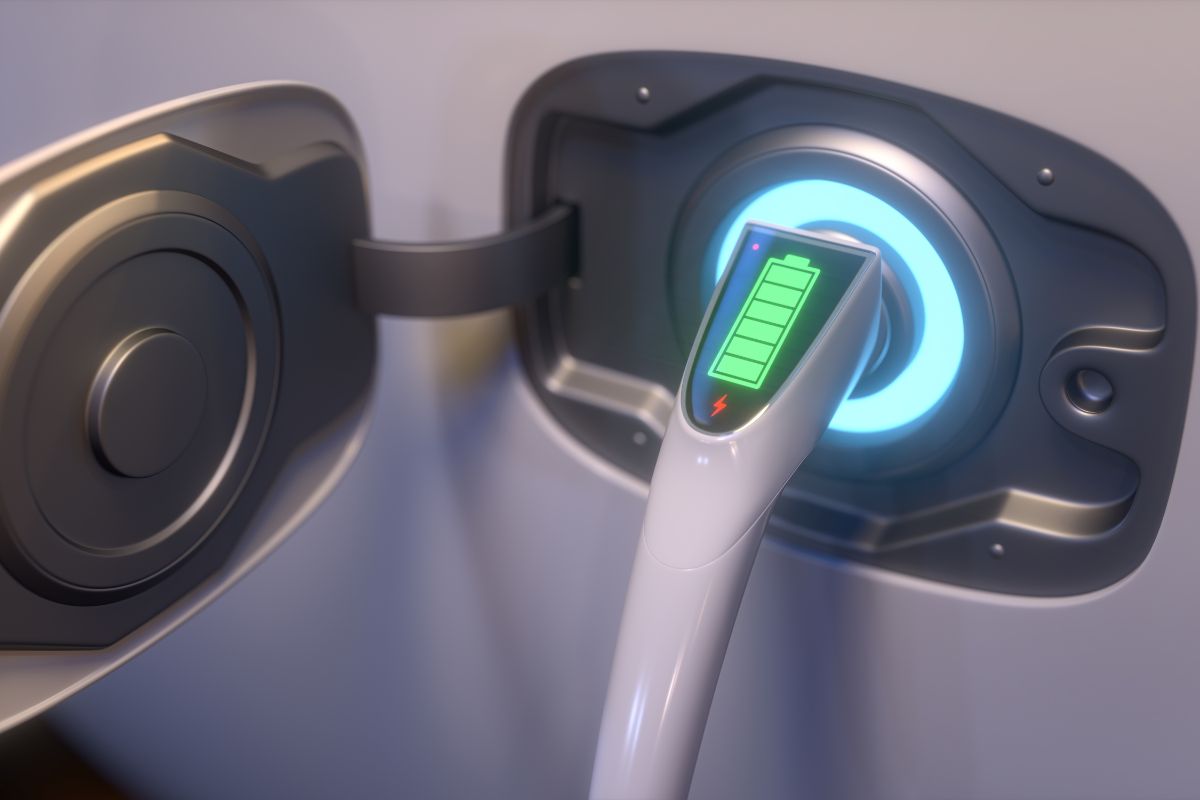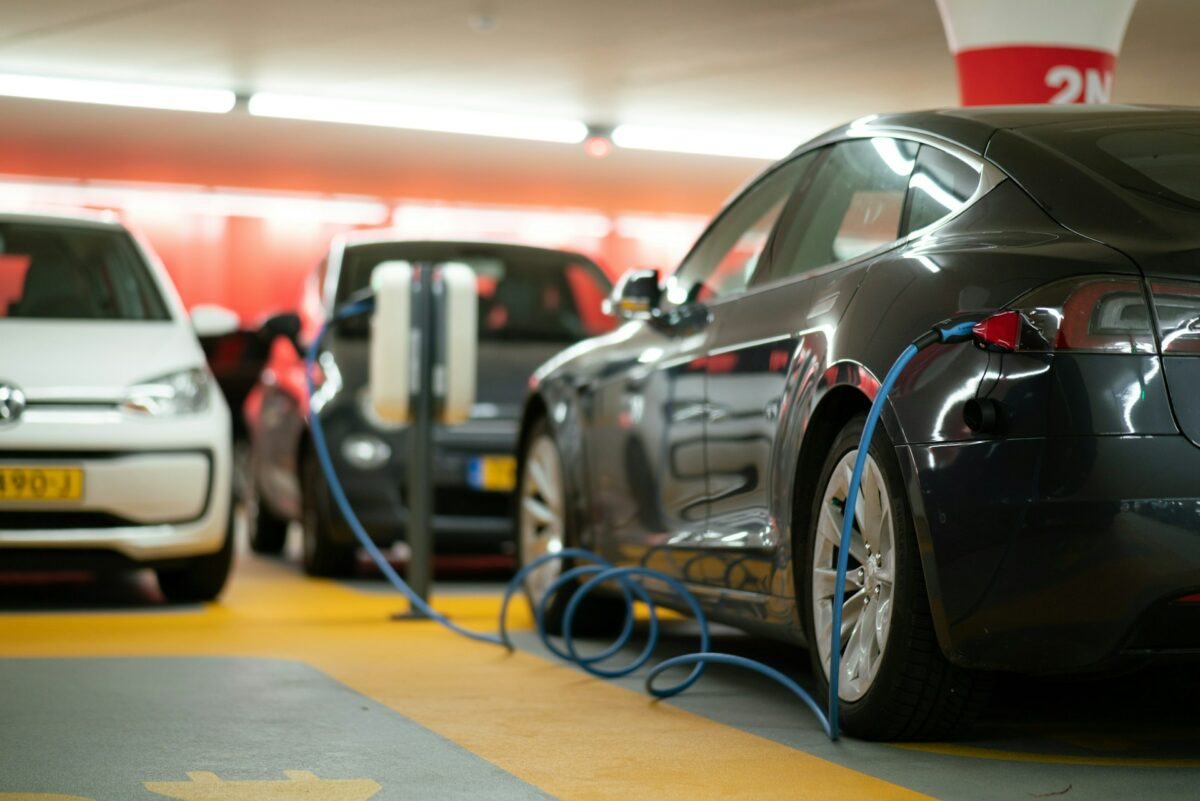Main Benefits of EVs
Electric vehicles are the innovation in the automotive industry in the 21st century.
It is a completely new technology that relies on electric motors and high-voltage batteries to move the vehicle from point A to point B.
This new technology comes with many advantages compared to ICE vehicles. Some people have already made the electric transition without even considering the potential government incentives.
Sustainable
There are many speculations regarding the sustainability of electric vehicles and some fierce defenders of fossil fuels are trying hard to fool the masses.
One indisputable fact is that EVs emit zero emissions while running. Despite that electric cars are not completely clean.
The battery production process is considered to create environmental pollution. This process is energy-intensive and often relies on fossil fuels which contribute to greenhouse gas emissions.
Another thing that should be considered is the source of energy used while charging your EV. Charging with solar panels energy will be far more sustainable than charging with coil-generated energy.
Despite all these peculiarities, studies show that an electric car will emit less emissions over its entire lifetime (including the production process) than an ICE car.

Low Costs
Owning an electrical vehicle will save you money. EVs usually have higher starting prices than petrol vehicles but their running costs are times lower.
If you charge your electric car at home it will cost you around 2 euros per 100km. In comparison, the average petrol car will consume 8l/100km which turns out to be around 14 euro.
Charging your EV at public stations is also cheaper, around 0.40 EUR/kWh which turns out to be 7 euro per 100km.
You also save from maintenance as electric cars require little to none. Regenerative braking reduces brake use to a minimum, there is no oil change, no oil filters, and fewer parts to break.
Usually, EV owners need to change air filters, windshield fluid, and brake pads every 100,000km. This saves them another 500 euros per year on average (20,000km annual mileage taken as an example).
Faster Acceleration
Electric vehicles are famous for their rapid acceleration. All you need to do is press the pedal and the car instantly accelerates.
People often fall in love with the instance and rarely go back to an ICE vehicle which experiences many delays such as turbo lag and gear shifts.
For example, the latest Tesla Model 3 has a 0-100km/h acceleration in 4.4 seconds. This is quite a fast car considering its price point of around 50,000 euros.
How Do Governments Benefit From EV Adoption?
Governments want to reduce pollution, especially in large cities, and adopting electric vehicles is one way to go.
Basically, EVs don’t have tailpipes, and unlike normal cars that emit pollutants, they release no pollutants into the environment, hence the air may be unsafe for breathing. In this case, therefore, governments pushing for EVs may make cities clean health-wise.
Governments also seek to depend less on imported oil and are promoting EVs to use more electricity produced locally for transportation.
It also helps to make countries independent and not too exposed in terms of international oil prices.
What Are The Most Popular Government Incentives For EV Adoption?
As already mentioned, EVs have higher starting prices than petrol vehicles. Therefore most governments have come up with financial incentives in order to stimulate potential buyers.
Lower Taxes
An incentive put in place by some governments is the reduction or exemption of taxes on EVs.
An example is the sale tax, registration fees, or even road taxes. Lower upfront costs in purchasing an EV make the vehicle more affordable and likable to the consumer.

Reduced Parking Fees
Other benefits available in cities include lower or free parking charges in place. This incentive is meant to support the reduction of the cost of ownership of electric vehicles thereby encouraging people to use electric vehicles in the big parking cost cities.
Investment In Infrastructure
Governments are also investing in the expansion of charging infrastructure that would cover adding additional public charging stations in towns along highways, or even in public parking facilities.
That way, governments will be taking out one of the bigger barriers to EV acceptance—range anxiety.
How To Choose The Right EV Model, According To Your Needs?
The EV battery is one of the most important components of an electric car. Customers need to decide whether this will be strictly a city car or whether they will also travel out of town.
Batteries with 50 kWh or more are capable of out-of-town travel without too much planning and relying on charging infrastructure.
If you plan to use it as a city car you can take an EV with a much smaller battery, such as 22 kWh. This car will be suitable for traveling up to 100km per day.
Also, keep in mind the fast charging capabilities of the vehicle. If you want to travel long distances it is nice to have a vehicle that can charge with 100 kW or more at DC stations.
This will reduce your time waiting at chargers. No matter what the purpose of your electric car is, it’s the smart solution that will work for your budget while reducing pollution.